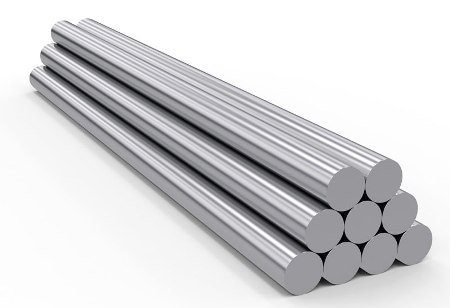The niobium C-103 alloy with niobium-hafnium-titanium (Nb-10Hf-1Ti) from H.C. Starck Solutions meets challenging applications that require high strength materials to handle extreme temperatures. H.C. Starck Soutions’ niobium alloy can work at temperatures up to 2700 °F (1482 °C), mostly in high-performance rocket nozzle applications for space exploration. The niobium alloy can resist high-frequency vibrations at cryogenic temperatures, which occur in a number of satellite applications.

Applications
- Rockets
- Satellites
- Burst disks for wind tunnels
- Orbital rocket chambers and nozzles
- Jet engine afterburner liners
- Reaction control nozzles for missiles
Benefits
- Readily weldable
- Excellent fabricability
- Capable of enduring high stresses at elevated temperatures
- Formable after TIG welding
- Low ductile-to-brittle transition temperature for cryogenic applications
Available Forms
H.C. Starck Soutions partners with customers to produce and machine components for aerospace, including build-to-print and design of niobium C103 alloy parts.
- Bar and rod
- Ingot and slab
- Sheet and plate
- Fabricated parts
- Powder for Additive Manufacturing
H.C. Starck Soutions' C-103 niobium alloy meets AMS7852, ASTM B652, B654, B653, and AMS7857 specifications.